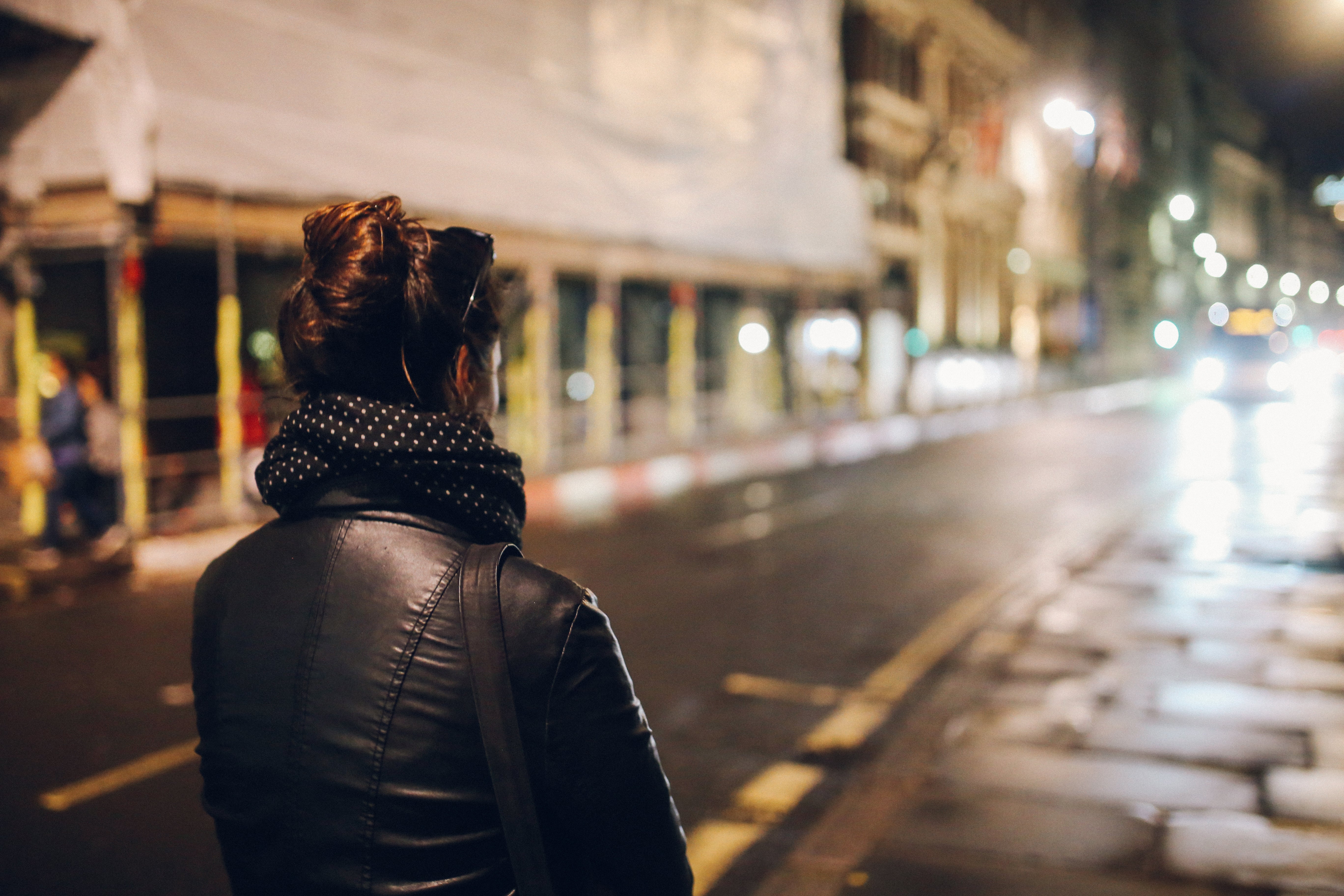The Independent's journalism is supported by our readers. When you purchase through links on our site, we may earn commission.
I feel more safe on a walking safari than I do in London at night
I probably have more of a chance of being eaten by a zebra than a victim does successfully prosecuting a rapist


Your support helps us to tell the story
From reproductive rights to climate change to Big Tech, The Independent is on the ground when the story is developing. Whether it's investigating the financials of Elon Musk's pro-Trump PAC or producing our latest documentary, 'The A Word', which shines a light on the American women fighting for reproductive rights, we know how important it is to parse out the facts from the messaging.
At such a critical moment in US history, we need reporters on the ground. Your donation allows us to keep sending journalists to speak to both sides of the story.
The Independent is trusted by Americans across the entire political spectrum. And unlike many other quality news outlets, we choose not to lock Americans out of our reporting and analysis with paywalls. We believe quality journalism should be available to everyone, paid for by those who can afford it.
Your support makes all the difference.A few weeks ago, I was on a walking safari in the Lower Zambezi National Park in Zambia, flinching at the rustle of nearby bushes and clamming for a gin and tonic.
Yikes, you might think. I thought that too. Because although I’m lucky enough to have been on safari a few times (I worked in the industry for three years and perks still apply), whenever I am out of a vehicle in the African bush, I can’t help but feel death is upon me.
Perhaps the last thing I will ever see is the inside of a lion’s mouth before my head is chomped off like a cartoon burger. Maybe I will fall victim to the short fuse of an elephant in must, or perhaps a hippo furiously charging for water. Or could I be the first person ever to die from a kick to the head by a warthog? That would certainly be apt.
The stupid thing is, I know the risk of any of these things actually happening is very low. Whilst statistics are hard to come by, millions of people go on safari every year and only once in a blue moon does an incident occur with a wild animal. In fact, so few people die whilst on safari that these deaths do not even feature on country statistics for safari destinations.
The reality is that although it sounds adventurous, walking safaris are actually very controlled. It’s not like the people-wildlife conflicts you hear about on the edges of safari parks, where tragically many local people do die every year.
Quite the contrary: as a tourist on a walking safari, you are always accompanied by an experienced guide who says things like “lions are nearby” with a hungry grin on his face, expecting his guests to be equally delighted. The biggest comfort is the (always fairly serious looking) scout from the Zambia Wildlife Authority (ZAWA) who is licensed to carry a gun as a precaution.
Even without the gun, these guys know what they’re doing: they sometimes even track poachers for 10 days, sleeping underneath the stars, totally exposed to the eerie dark wilderness and whatever may be prowling within it. The fact they return unscathed each time is testament to their expertise. If you’ve ever heard the distant echoing “yipee” of a hyena on a still evening, you’ll know what I mean. Let’s just say, if I were to attempt a similar adventure, I doubt I’d make it 10 minutes.
But that’s a whole other kettle of madness. In the daylight hours the action dies down. Whilst you’re walking, the predators are enjoying a catnap and the hippos have already waddled back to their pods. But even with all these precautions in place, and armed with a gun and the knowledge that I’m almost certainly going to return unscathed, I get that feeling.
It’s the same one – as I realised when my head turned and my heart pounded at every little sound – that I get when walking alone in London at night.
And the sad thing is that although I could rationalise away the fear on a walking safari, I can’t do that in London. Because whilst the chances of being attacked by an animal on safari are very slim, being intimidated, harassed and attacked by a man in London is a real possibility.
Don’t believe me? Over half of women in London have been victim to unwanted sexual behaviour. In fact, in 2021, the number of rapes in the capital was at an all-time high of 8,873. That’s an average of 24 rapes a day.
So what are my odds? Well, they’re not great when you also consider that across the rest of the country, one in four UK women have been raped or sexually assaulted as an adult. Rapes saw an all-time high of almost 70,000 reported cases across the country. Of these, only 1,557 lead to prosecutions.
To keep up to speed with all the latest opinions and comment sign up to our free weekly Voices Dispatches newsletter by clicking here
But naturally, these are just the ones we hear about, as only one in 100 rapes were reported to the police in 2021. So add a few zeros to 70,000 and we get a better picture of how scared I should really be walking alone at night in this abysmal country.
At this rate, I probably have more of a chance of being eaten by a zebra than a victim does successfully prosecuting a rapist.
So it’s really no surprise that when women walk alone in London at night they arm themselves with makeshift weapons. They clutch their keys tight, digging into their palms, a little point sticking out between the index and middle finger.
We become what I imagine the ZAWA scout to be at night: crossing the road to avoid the man sitting in his car, speeding up to see if the potential predator behind follows, slowing down and sinking into a bush so the figure in front of me doesn’t know I’m there.
If you are experiencing feelings of distress and isolation, or are struggling to cope, Samaritans offers support; you can speak to someone free of charge over the phone, in confidence, on 116 123 (UK) or visit the Samaritans website to find details of your nearest branch